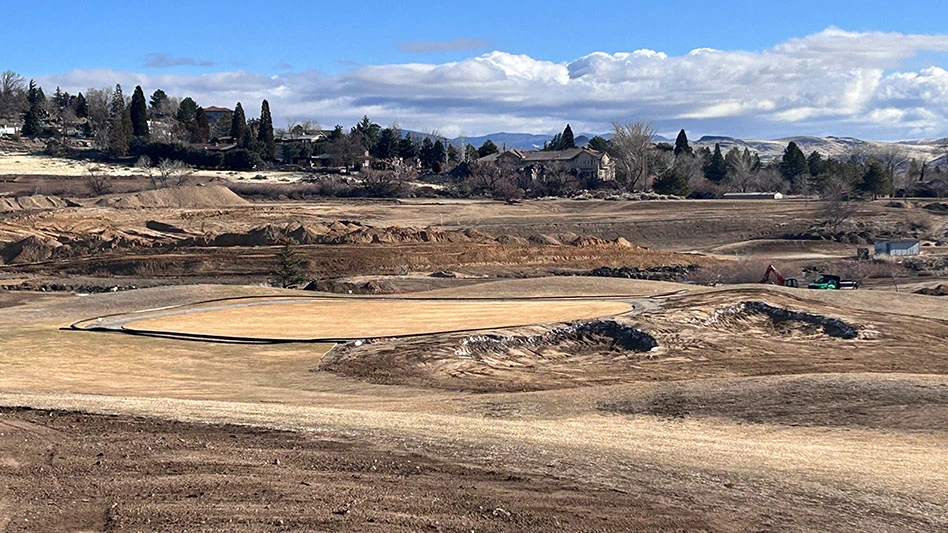Communication can be defined simply as a process of transferring information from one entity to another, and is a vital component to the daily performance of a golf course maintenance operation. But communication is not limited only to verbal exchanges; it includes listening and visual interactions as well. Effective communication must be a mastered practice in an assistant superintendent’s arsenal of skills, as golf course maintenance operations have the difficult task of connecting all aspects of a course through effective communication.
One of the most important interactions within an assistant’s day is that with the superintendent. At first glance, only the most basic verbal communication skills are necessary, but one must not overlook the importance of listening. Active participation in a conversation requires speaking and listening, and to successfully communicate the superintendent’s commands you must adequately hear and understand those demands.
Reaching all employees effectively and efficiently can be a difficult task. Differences such as gender, ethnicity and language barriers can make communication difficult, but for the safety and training of the crew members, it’s essential that you get through to them. One way to accomplish this is by thoroughly training the crew, both initially and continuously. You probably already use a daily job board, but consider including safety standards for the tasks. Daily verbal and printed reinforcements help employees better understand their jobs and how to do them safely. Also consider scheduling individual safety meetings to enhance training and keep employees constantly thinking how to be safe. Instead of reading safety procedures from a piece of paper, a PowerPoint presentation with pictures and real life stories will help get the point across without boring the employees.
Clubhouse communication is crucial as well and should be reciprocal. Consider having a facility-wide, Web-based calendar available for all departments to share information. Color-coding each department for easier readability is a good idea, as well.
A turfgrass management calendar could include practices such as aerifying, verticutting, topdressing, chemical applications and fertilizer applications. In addition, daily updates regarding course conditions and maintenance practices should be delivered in person to the golf shop in the morning before golfers arrive.
The golf shop calendar could include course activities such as golf outings, tournaments and daily play numbers and times.
Food and beverage operations have quite the busy schedule, so the Web-based calendar is efficient for maintenance to view outdoor events that need planning for, such as weddings and outside parties.
These are just a few ideas centered on communication. The sky’s the limit when engaging in and putting together an effective communication strategy. Communication is a constantly evolving and developing skill, and while not all golf courses require the level of communication as described above, at some point in an assistant superintendent’s career each of these communication challenges will need to be met. GCI
Dustin Peterson is assistant superintendent at TPC Deere Run in East Moline, Ill. He can be reached at DustinPeterson@pgatourtpc.com.

Explore the April 2010 Issue
Check out more from this issue and find your next story to read.
Latest from Golf Course Industry
- The Cabot Collection announces move into course management
- Carolinas GCSA raises nearly $300,000 for research
- Advanced Turf Solutions’ Scott Lund expands role
- South Carolina’s Tidewater Golf Club completes renovation project
- SePRO to host webinar on plant growth regulators
- Turfco introduces riding applicator
- From the publisher’s pen: The golf guilt trip
- Bob Farren lands Carolinas GCSA highest honor






